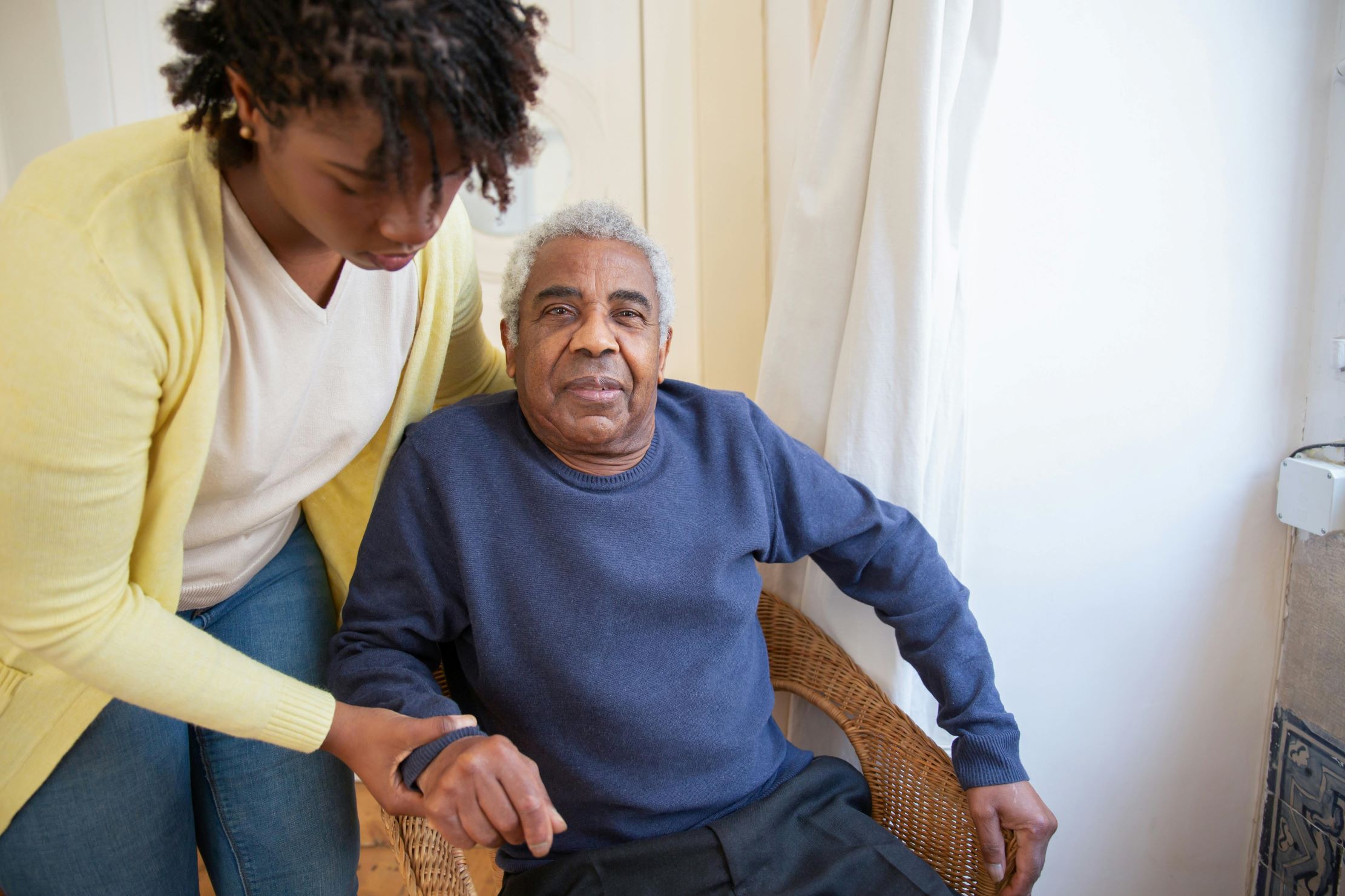Adopting a pet, especially a dog or a cat, offers benefits such as constant companionship and unconditional love. For older adults, the benefits of a senior pet can be even greater.

Financial Abuse and Fraud Among the Elderly
According to the National Council on Aging (NCOA), Americans lose between 2.6 and 36.5 billion dollars in assets and money each year to elder financial fraud and abuse. And although self-reported financial exploitation occurs at higher rates than all other types of elder abuse, the NCOA believes instances of elder financial fraud and abuse are likely under-reported.
Even as the coronavirus pandemic wanes, many older adults remain socially isolated and vulnerable to financial victimization. Robocalls, emails scams, and catfishing on social media platforms, con artists bombard the elderly routinely seeking financial gain. However, the National Adult Protective Services Association (NAPSA) reports that most financial exploitation cases the organization receives are from individuals known to the victims, such as relatives, caregivers, friends, and neighbors.
If you have an elderly loved one, there are signs and circumstances to watch for that can help prevent financial abuse. Typically abusers will misappropriate cash, jewelry, and other assets, often suggesting to the elder adult they must not remember where they left them. Some abusers will forge financial documents or steal a Social Security benefits check outright.
Signs of Financial Abuse
Look for instances of unusual financial activity, such as large withdrawals of cash, questionable credit card charges, and unpaid bills. Identify any recurring transactions and bank transfers your loved one does not remember approving. If they can’t recall any request, authorization, or adequately explain the circumstances, investigate the situation fully. A periodic review of an aging loved one’s credit or debit card, and bank statements will help you guard against elderly fraud.
Always be on the lookout for new helpers and indispensable “friends.” The elderly are often lonely and particularly susceptible to abusers that want to ingratiate themselves into their lives under the guise of companionship. These individuals like to work when no one else is around, making it easier to hide their exploitive behavior.
Isolating a loved one is often the first sign of financial abuse. This newfound friend may cut off regular family communications with bogus explanations, saying they are unavailable, feeling unwell, or napping with promises of a return phone call that never materializes. These exploiters will initially be very helpful, making themselves indispensable to the victim and then begin to steal from them.
But there are things that every family member can do to help protect their loved ones.
Simplifying Banking Transactions
Physical disabilities and other issues preventing an older person from driving or otherwise getting around can create vulnerabilities. For example, frailty and mobility issues can end in-person banking independence with a trusted employee. The older individual may not be adept with computers, understand how to do remote banking, or have visual impairment making financial transactions difficult on a small smartphone screen or tablet.
Automatic bill pay can help combat these problems as financial institutions and corporate entities like banks or utilities will not exploit auto bill pay. Payment can be on time without the hassle of receiving paper bills, writing checks, and sending them off, relieving enormous strain on the older person.
Watching Out for Cognitive Decline
Dementias such as Alzheimer’s, which is prevalent, can create many financial problems as cognitive decline leads to a loss of financial acumen. Many elderly adults live with undiagnosed mental issues increasing the opportunity for exploitation. Unscrupulous friends, neighbors, and even family members often try to exert undue influence over cognitively impaired loved ones.
Sensitive private information like Social Security numbers, account numbers, and passwords must be closely guarded by one trusted individual to help with money management tasks. Limiting access to this crucial information is a best practice to protect an elder adult.
Vetting Delivery Services
The pandemic may have families relying on services when they used to provide the help themselves. House cleaning, meal preparation, errands, and even picking up prescription medications are all available services, and some ask for cash payments. Cash for services rendered to the elderly gives nefarious individuals the opportunity to exploit financially.
Estate Planning and Elder Care Attorneys
The most direct way to protect against elder financial abuse is to meet with their estate planning attorney to have a trusted individual named a durable financial power of attorney. This individual can then oversee their loved one’s finances with full access to facilitate, transact, and protect assets. Naming a financial power of attorney generally can help an elder adult feel a great sense of relief. Still, any cash in the hands of an aging loved one needs to be monitored and their home closely guarded to prevent theft.
If you or someone you know is suspicious of financial exploitation, immediately report the situation to a trusted individual or Adult Protective Services in your state. You can also notify your local police department or phone the US Justice Department’s National Elder Fraud Hotline at 833–FRAUD–11 or 833–372–8311. We hope you found this article helpful. If you’d like to discuss your particular situation, please don’t hesitate to reach out. Please contact our Cincinnati office by calling us at 513-771-2444 with any questions.



